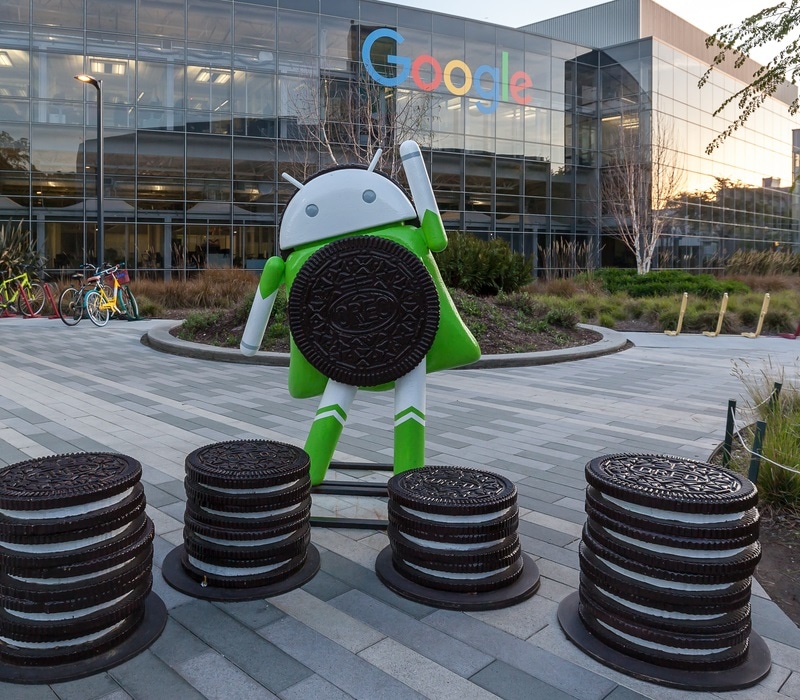
Google recently announced that it is starting to phase out the use of third-party cookies. What does that mean for the web and the user?
Firstly, Google is not the first browser to announce their stance on third-party cookies. Safari and Firefox have already started blocking third-party cookies as part of an improved privacy approach. However, unlike Safari and Firefox, Google is slowly phasing out third-party cookies over the next two years.
Why is Google taking a different approach to third-party cookies?
It is somewhat unclear as the solutions for replacing the current third-party cookie are still being decided. Google have suggested they are trying to improve privacy without completely cutting off revenue streams for many websites.
Google have suggested a new set of technical solutions to replace all the things third-party cookies are currently used for. It has proposed a series of new solutions that should be less invasive than the current cookie tracking. Great news for the users.
For Marketers, the new solutions are meant to make it easier to target certain demographics and help provide some level of anonymous tracking so advertisers can monitor conversions. It all sounds great, but the jury is still out on how, when and what will be the new standard moving forward.
Some advertisers see this as a move by Google to take more control of data forcing advertisers to use Google’s solutions.
One thing is clear, we will see a shift in how ad tracking and privacy work on the web. So, why is this important news? A huge proportion of the ads we all see on the web are driven by third-party cookies including part of an infrastructure that tracks and trades on your data.
Google have proposed the use of a “privacy sandbox,” where websites are able to gather some level of information for advertising. However, it remains to be seen how this will finish up between the major browser providers.
What are cookies?
Third party: A third-party cookie is a cookie set by a website other than the one you are currently on. For example, you can have a specific link or call-to-action button on your website which will store a cookie on the visitor's computer, that cookie can later be accessed by another website to identify the visitor and see which websites he visited. Thoe data insights can be very valuable to advertisers for target ads but have raised increasing privacy concerns in recent years.
First party: A first party cookie is a cookie set by the website you are on. If you have agreed to the cookie policy, it is stored and allows the website to track which pages you engage with whilst on the site.
What this means
It is unclear how this will all shake out over the next two years, but we see the use of first-party data becoming increasingly important for targeted advertising. Our prediction is that publishers who emphasize the user experience will develop more quality audiences and ultimately benefit from more direct advertising revenue as a result.
For Marketers, this means a better choice on where your ads show (so not on Candy Crush!) which, although more laborious to set up, will ultimately be worth it for the additional control over quality ad placements. We will also see a shift in focus to traditional forms of digital advertising such as email and content marketing.
We’ll keep you posted!
Ask about Google Ads